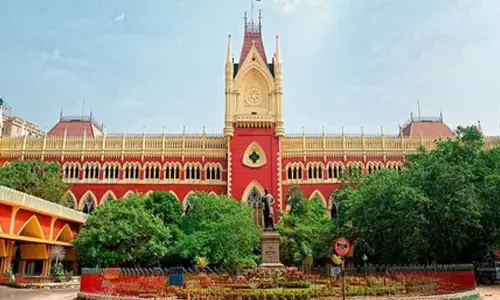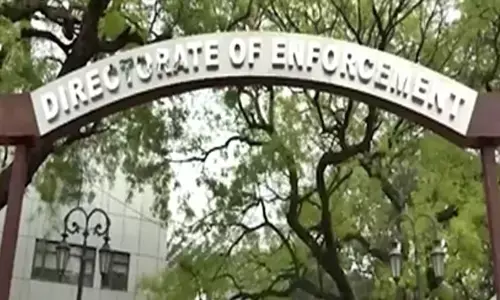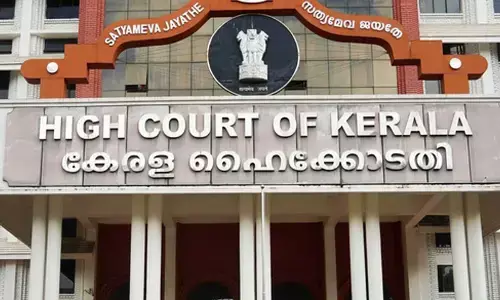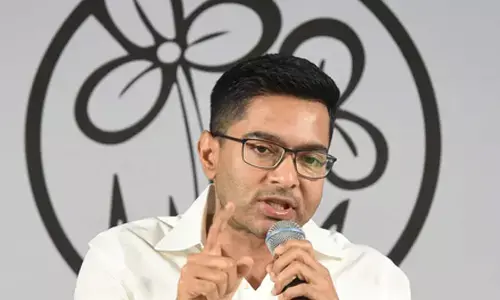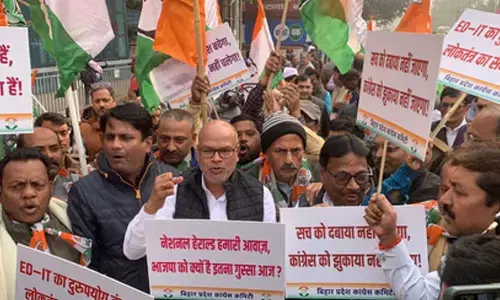From temple to civic body: Purification ceremonies reflect broader issues of trust and accountability
Share :
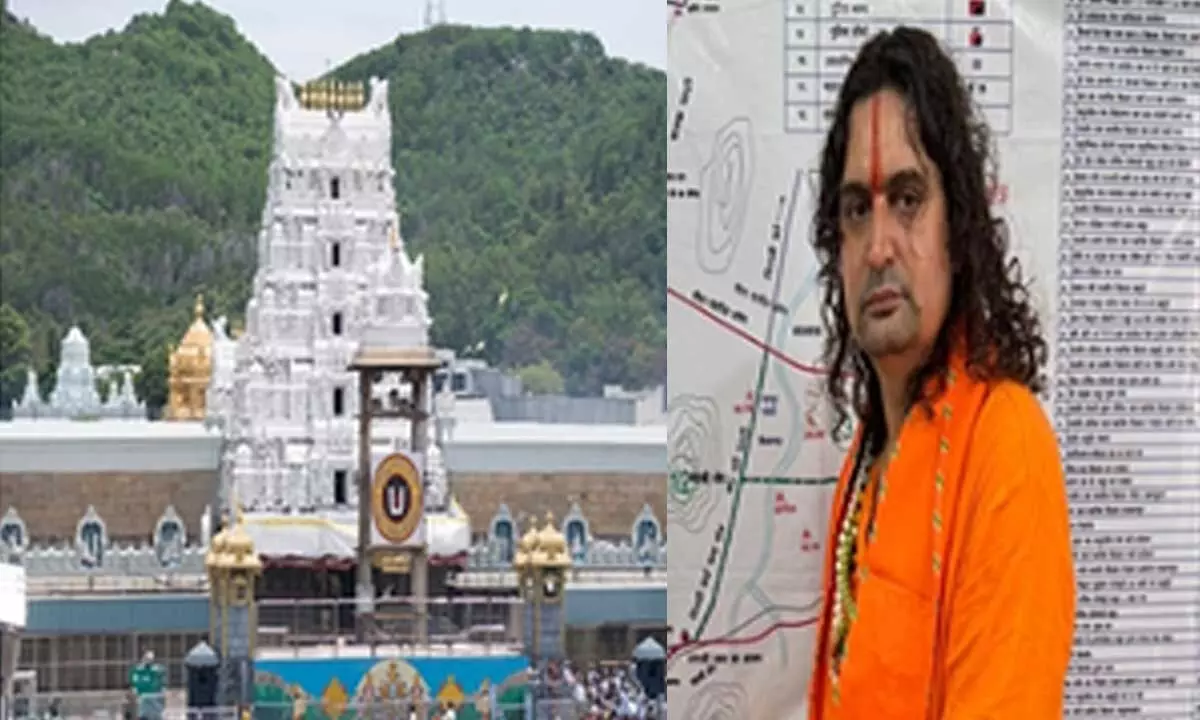
The country has seen two significant purification ceremonies that have sparked discussions about corruption and religious sanctity. The first took place at the renowned Tirupati Temple in the wake of allegations of adulteration in its famous laddus.
New Delhi: The country has seen two significant purification ceremonies that have sparked discussions about corruption and religious sanctity. The first took place at the renowned Tirupati Temple in the wake of allegations of adulteration in its famous laddus. The second occurred at the Jaipur Municipal Corporation, where a BJP MLA aimed to "cleanse" the civic body of corruption.
These events have ignited a debate, with many arguing that purification rituals highlight broader concerns regarding trust and accountability in society.
The Tirumala Tirupati Devasthanams (TTD) conducted a purification ritual on September 23 in response to claims that the ghee used in the preparation of the renowned Tirupati laddus contained beef tallow. This controversy erupted after Andhra Pradesh Chief Minister N. Chandrababu Naidu ordered a special investigation team (SIT) to probe the allegations.
The TTD admitted to the use of adulterated ghee and organised a "Shanti Homam", a purification ceremony aimed at rectifying this perceived wrongdoing. TTD officials reported that panchagavya -- five sacred products derived from cows -- was utilised in the purification process, and all temple premises were cleansed accordingly.
In a separate yet equally contentious event, BJP MLA from Hawa Mahal seat in Rajasthan, Balmukund Acharya conducted a purification ceremony at the Jaipur Municipal Corporation Heritage (JMCH) office.
This ceremony aimed to cleanse the civic body of corruption and coincided with the welcoming of Congress councillors into the BJP fold. Acharya, who is also the mahant of the Hathoj Dham temple, sprinkled a mixture of Gangajal (holy water from the Ganges) and gomutra (cow urine) on councillors and officials, asserting that it would eliminate corruption.
During the ceremony, Acharya emphasised that the cleansing process would create an environment of purity within the JMCH.
He claimed that the act of sprinkling the mixture symbolically purified the officials and councillors, and even encouraged them to partake in the concoction. His statements about carrying the mixture with him daily underscored his belief in its sanctifying properties.
The BJP recently removed the sitting JMCH Mayor amid corruption allegations, replacing her with Kusum Yadav, who secured a majority with the support of turncoat seven Congress councillors and one independent. Observers are of the view that the purification ceremony could be seen as both a religious and political manoeuvre, aiming to present a united front against corruption while attracting new party members.
The controversies surrounding the laddus and the JMCH ceremony also highlight a broader societal dialogue about corruption and moral integrity within public institutions. As public trust wanes, such events may serve as attempts to restore faith, albeit in ways that can provoke further scrutiny and debate, say analysts.








